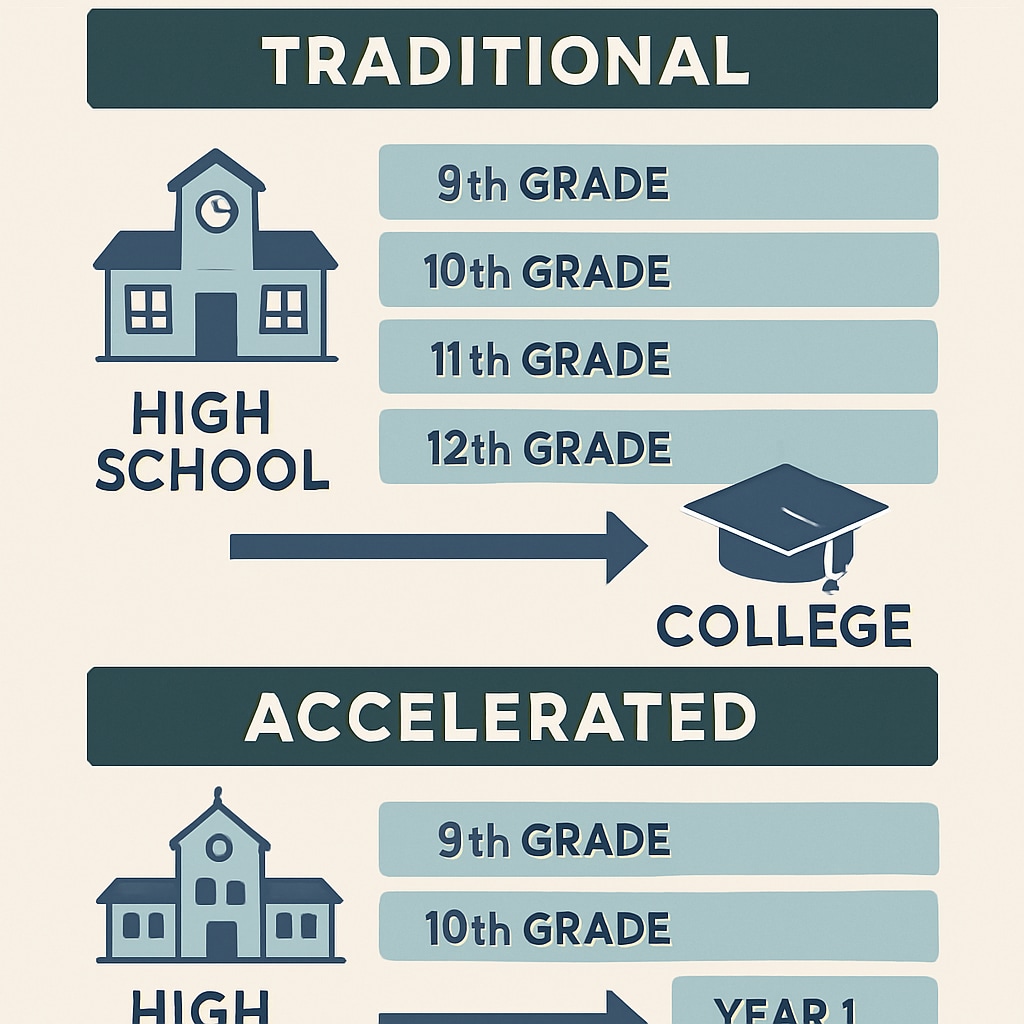Grade-skipping, high school education, and university admission represent unconventional pathways for academically advanced students seeking to accelerate their learning journey.

While traditional education follows a linear progression, some exceptional learners may qualify to bypass the final two years of high school through structured early college programs. Institutions like early college high schools and universities with special admission tracks provide viable alternatives for students demonstrating exceptional readiness.
Alternative Pathways to Higher Education
Several structured options exist for students considering early transition:
- Early College Programs: 5-year programs combining high school and college coursework
- Dual Enrollment: Simultaneous high school and college credit accumulation
- University Early Admission: Selective programs for under-18 applicants
- Competency-Based Placement: Demonstrating mastery through standardized tests

Assessing Student Readiness for Accelerated Transition
According to research from the National Association for Gifted Children, successful early college students typically exhibit:
- Academic performance 2+ grade levels above peers
- Emotional maturity matching college-age students
- Independent learning skills and self-regulation
- Clear career/academic goals benefiting from acceleration
Transitioning early requires careful planning across multiple dimensions. Students must demonstrate not only intellectual capability but also the social-emotional resilience to navigate college environments. Many institutions therefore require psychological evaluations alongside academic assessments.
Key considerations: While grade-skipping offers advantages like reduced education costs and faster career entry, potential challenges include limited extracurricular participation and social adjustment difficulties. Comprehensive readiness assessments should therefore evaluate all aspects of student development.


